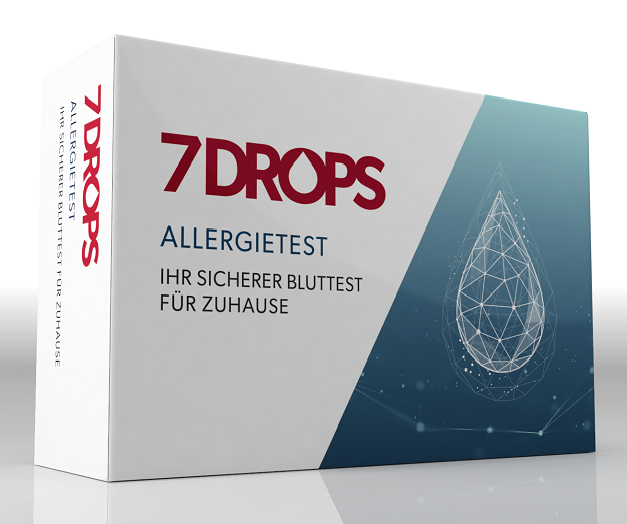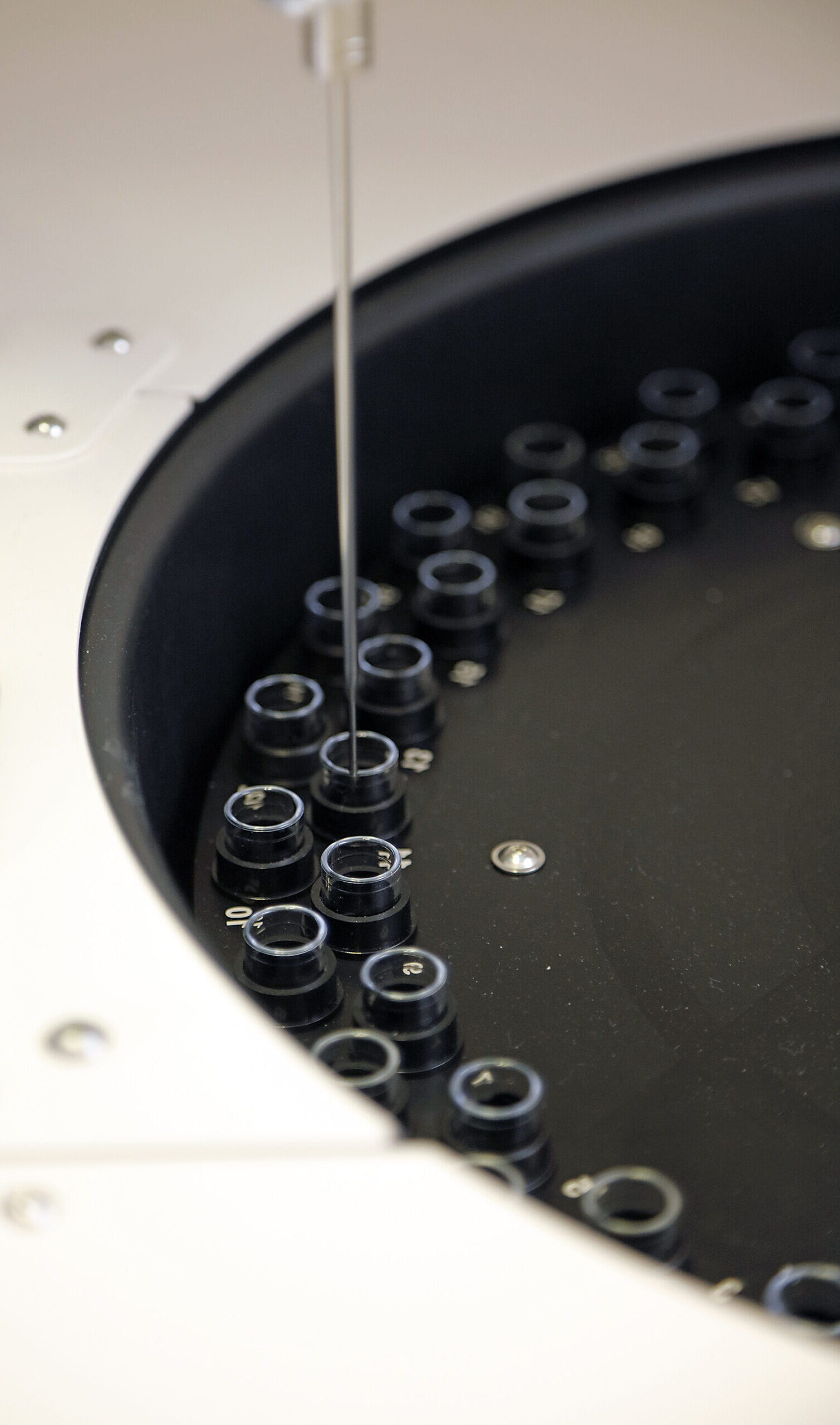His symptoms were so severe that his family had to call an ambulance and he had to be treated in the ICU.
Collapse caused by allergic shock
According to the case report, the 34-year-old collapsed after a hot shower because of a potentially fatal allergic shock (anaphylaxis). His family found him on the floor unconscious soon after and called emergency services. The patient was treated with oxygen and epinephrine, which is routine treatment in case of low blood pressure and trouble breathing caused by an allergic shock. Even when the man arrived at the hospital, he was still sweating profusely, experienced shortness of breath, as well as hives covering his whole body.
The patient’s family explained to the paramedics that the 34-year-old had already experienced reactions to the cold in the past. This became especially apparent when he moved from Micronesia (a Pacific Island) to Colorado. However, bevor the shower incident, his allergy only manifested in hives.
Doctors performed an allergy test on the patient by rubbing ice cubes onto his skin and observing the reaction. Immediately, red spots and welts started to manifest on the patient’s skin. The diagnosis: cold-induced hives and anaphylaxis.
Cold-induced allergies are rare
At this point in time, it is unclear how many people experience allergic reactions to the cold. Experts categorize it as a very rare condition, however. Symptoms can range from small skin reaction to anaphylaxis, just like the patient experienced it. An anaphylactic shock occurs when a patient with this condition experiences a drastic drop of temperature, for example when swimming in a very cold body of water. Apparently, the cold room air in the bathroom after a hot shower was enough to set off anaphylaxis in the 34-year-old patient.
In recent years, researchers found that a hereditary genetic mutation is the reason for some people’s heightened sensitivity to the cold. A lot of cold allergy cases stay undetected and only occur when the patient is already an adult. Possible triggers might be viral infections or other health conditions.
Like other allergies, cold-induced hives are caused by a premature release of histamine, which causes an inflammatory reaction in the body. Therefore, this condition can usually be treated with antihistamines, as well as avoiding the cold.
Sources: mayoclinic.org, gizmodo.com





